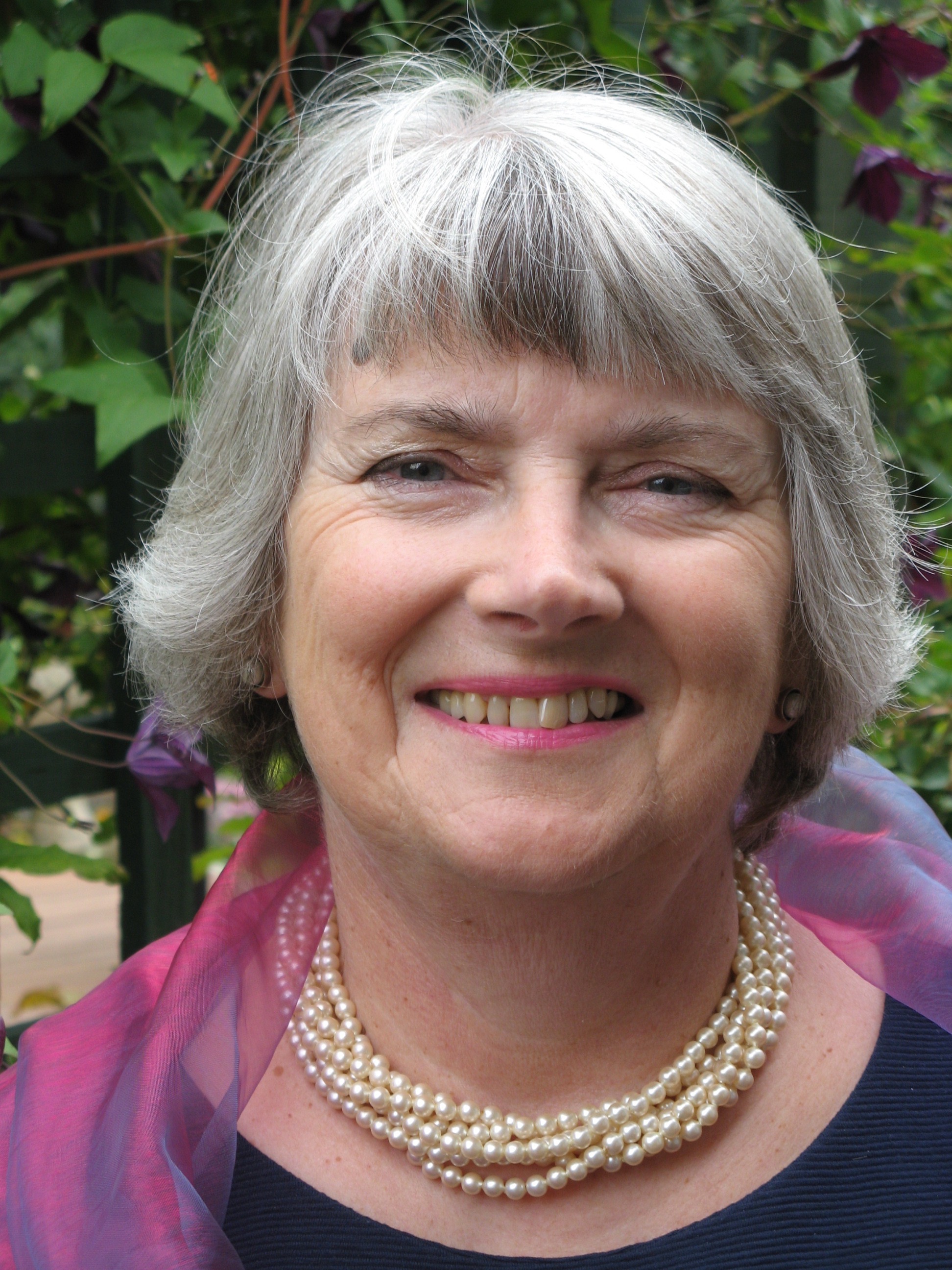It doesn’t take long when scrolling through social media to find ‘stuff’ that promises to teach you how to sing. Some of it seems to be very good and I do understand that musicians need to make money and earn a living but I find it all rather tiring. We all have unique voices but learning how to use them to express feelings and stories and deep emotions takes time and so much of what the world wants now are quick fixes. Now I will help any singer produce the best sound that they need for a gig when they are suffering from colds and challenges but long term I know it’s a slow journey of increasing awareness, kinaesthetically, intellectually, emotionally and artistically.
I am entering my last year as President of the European Voice Teachers Association (EVTA) and my journey over the last 12 years of being part of this voluntary organisation has been profound. I have met some wonderful singing teachers of all musical genres who give so much of their time and talents helping the next generation of singers and teachers to become better performers. It is with great pride that I see students making a career for themselves in our wonderful profession.
What would I say are the fundamentals of singing, after so many years (nearly 50!)
- Breathe- and the quality and management is still something I am learning about as my body changes and I have the challenges of age and health…and Covid has taught us how fundamental is the air we breathe- just to live as well as to speak and sing.
- Resonance – understanding the core of our sound and how we use our bodies to vibrate with resonance and ring- “if they hear the ring they’ll pay you to sing” as my American friends would say, ” hang it in the beak” !
- Learning where and when to release and where and when to energise – our complex and wonderful bodies and minds have myriad ways of creating tension and one of the biggest themes in my teaching is RELEASE. But its not about being floppy with no energy it is about focus and intention and perception which is another buzz word for me.
- Then there is the story and the emotion and the creative and artistic meanings which make me more than a ‘sounding gong or clanging cymbal’ but a voice bringing a shared humanity to life for a few moments so that others can be healed.
We, in EVTA are getting ready to plan for Lucerne 2026 Eurovox and before that 2024 September at PeVoC in Santander where we will have a special workshop and EVTA Council as well as participating in the conference with voice scientists and professionals. It is such a privilege to be part of this musical world.
